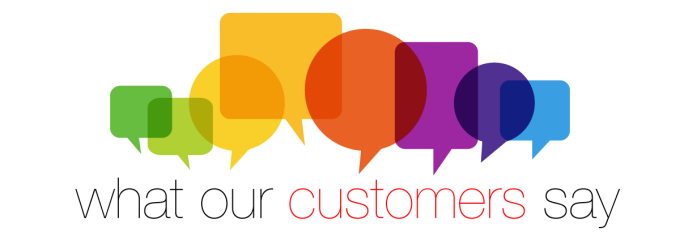After a long absence, I decided to return to the sport of disc golf. Throwing a frisbee is a skill you never lose. In 1996, I was the putting champion at the first annual Texas State Championship. But now it seems I could hardly get a putt to go in the basket. After a lot of practice, I was still putting like a beginner. When I asked myself what was up, the answer was I was trying way too hard. It is a common experience for sensitive people to over-exert their efforts. We are always striving to be better, improve, and do more! (tee hee)
Part of the shift I needed to make was returning to a normal, relaxed flow. With a conscious eye on my body, I tried to observe tension or the lack thereof. Admittedly, it was more challenging than I would have considered. My unbalanced efforts meant that I lost touch with my natural abilities. The more awareness I developed, the easier it was to understand what was happening. It occurred to me that if this can happen while outdoors playing, in what other areas of life does it show up?
The answer is that I see the same thing happening in the bedroom for some of my clients. For others it shows up at work or in some area of life. Where does it show up for you? Have you been working too hard at healing from trauma? Do you over-think or over-analyze? When trying too hard reduces overall performance, what can we do to dial it back? The questions are here, which means it time for a whisper on the subject of losing touch:
Sensitive people have the tendency to makes things a little more difficult. The reason is they feel at deeper levels. The depth of their life experience adds a richness to their life, but brings the need for better energy management. Sensitive people have an easier time with conscious awareness, which is the key to balance.
There is a physiological effect that occurs when faced with difficult tasks. The brain releases molecules with high mental demand. Mental fatigue changes brain metabolism to disrupt cognitive functions. What follows is a need for rest to restore neurometabolism. A tired brain affects the entire body system, including heart rate and blood flow. Reduced flow of blood reduces flow of energy, and the result is fatigue.
Effects of trauma can include an overactive mind that remains on high alert. A person can experience less cognitive control over impulses with a busy mind. Molecules are released in the system when trying too hard. The result can be a mental fog that leads to making poor choices. The short-term reward is more likely to gain favor without cognitive control. The result is finding emotional comfort using food, addictions, and behavior that might be harmful.
The return to a normal flow that is in alignment with the core self depends on awareness. When the body, mind, and spirit message fatigue during an activity, the answer is take a break from trying too hard. Take a 15-minute vacation from the challenges of life. Gather gratitude and acknowledge the journey of your self-discovery. Put yourself into a relaxed mode of living, then notice the energy levels that follow. Get more rest and limit over-exertion. Self-care is the highest form of love, which leads to more love for life.
Bring joy, ease suffering and create beauty, then dance like you mean it!
Blessings, Russell
“May what I do flow from me like a river, no forcing and no holding back, the way it is with children.”
Rainer Maria Rilke
Meditation PLAYLISTs added to monthly member library! An example is how to reduce anxiety or improve your intuitive skills. Specific meditations from the entire library are recommended and put into a playlist.

Become a member of the IEL Institute for the Spiritual Arts and get access to these meditations and more.
An entire world of intuitive training and interacting with others is at your fingertips.

